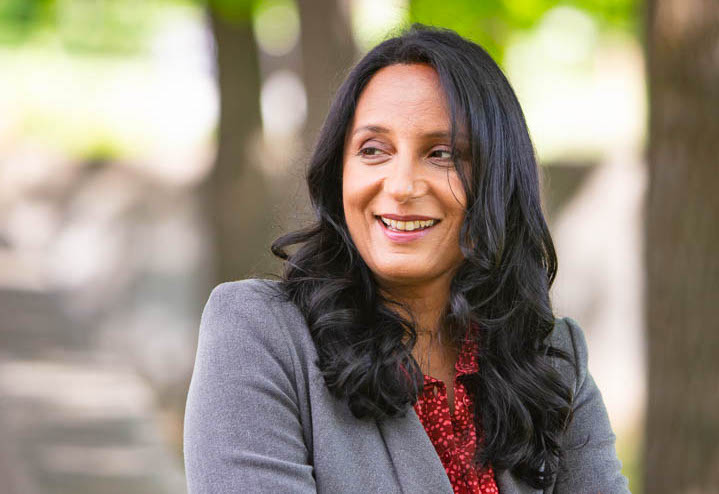
The University of Guelph has an expert who can discuss a new flagship report expected Thursday from the United Nations’ Intergovernmental Panel on Climate Change (IPCC).
According to media reports, the panel is expected to warn that we must halt damage to the land we live on to avoid catastrophic effects of climate change. It will urge an immediate end to the destruction of rainforest, peatlands and soil degradation.
The researchers are expected to say that any genuine plan to combat climate change must first tackle the issues of food production and how to use land more wisely.
Prof. Madhur Anand, director of the Global Ecological Change and Sustainability lab at the University of Guelph, as well as a professor in the School of Environmental Sciences, can offer comment.
Anand studies global ecological changes, including impacts of climate change and land use, and modelling of human-environment sustainability. Her lab focuses on protecting ecosystems from human-mediated changes and conserving biodiversity while sustaining global economies.
She recently completed research that called for international coordination of national dietary guidelines in order to preserve land, and be more sustainable for the planet
The report found that if the entire global population adopted North American dietary guidelines, there wouldn’t be enough land to provide the food required.
She and colleagues also recently published research that found that social learning about strategies to mitigate climate change can influence behaviours.
Anand has conducted ecological research in Ontario’s Wolf Lake Forest Reserve, the largest, intact old-growth red pine forest in the world, as well as in one of the most endangered ecosystems in the world, the Araucaria-dominated Atlantic rainforests of Brazil.
Contact:
Prof. Madhur Anand
manand@uoguelph.ca